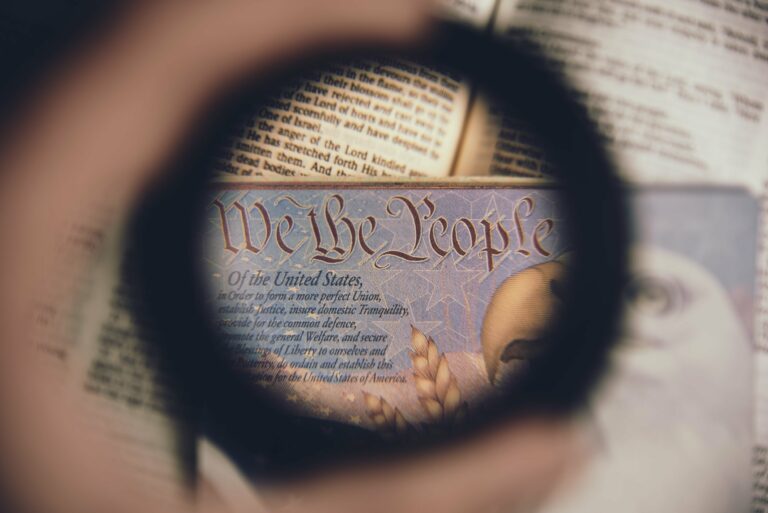No Sweat
If someone said, “no sweat,” we would probably understand the meaning to be, “this won’t be hard.” If someone said, “don’t sweat it,” we would probably take the meaning as, “don’t be afraid or anxious.” Sweat correlates with difficulty, hard work, stress, and anxiety. The Bible specifically mentions sweat three times.










